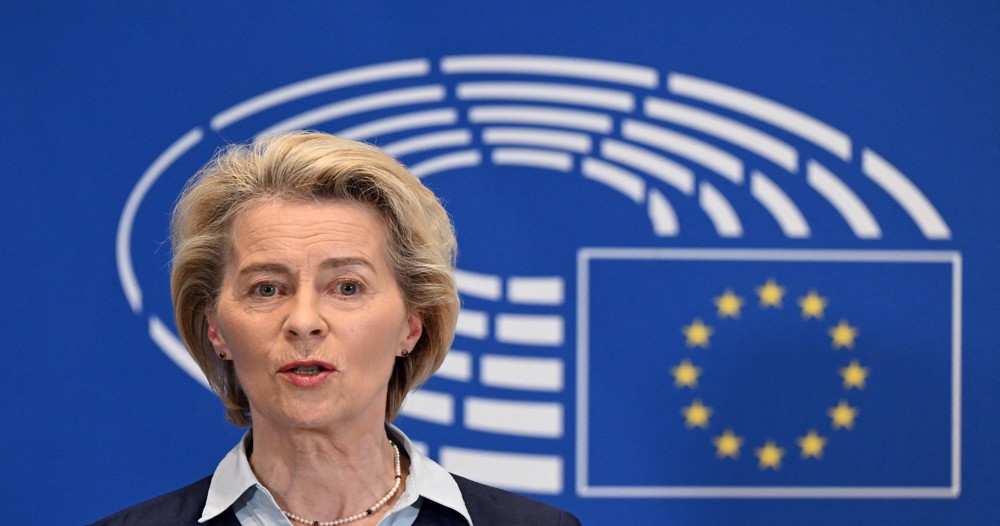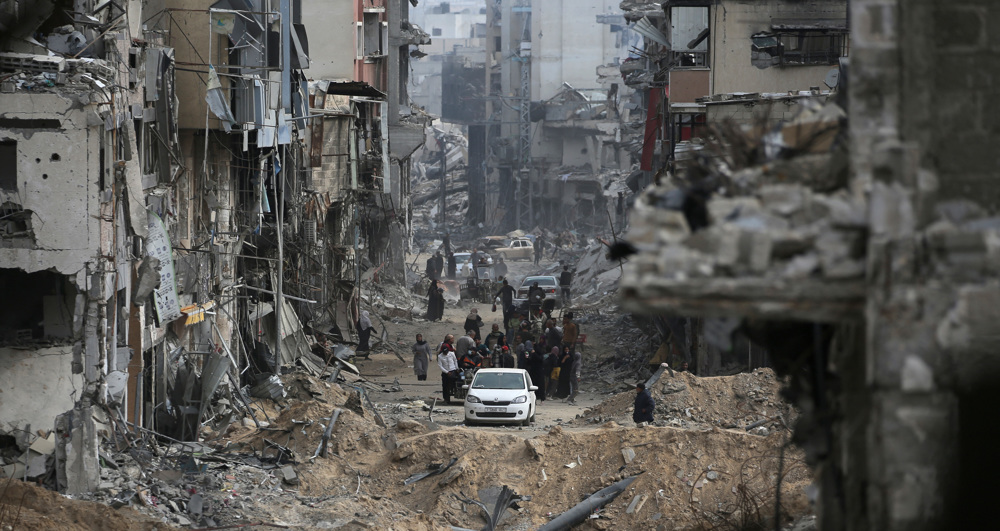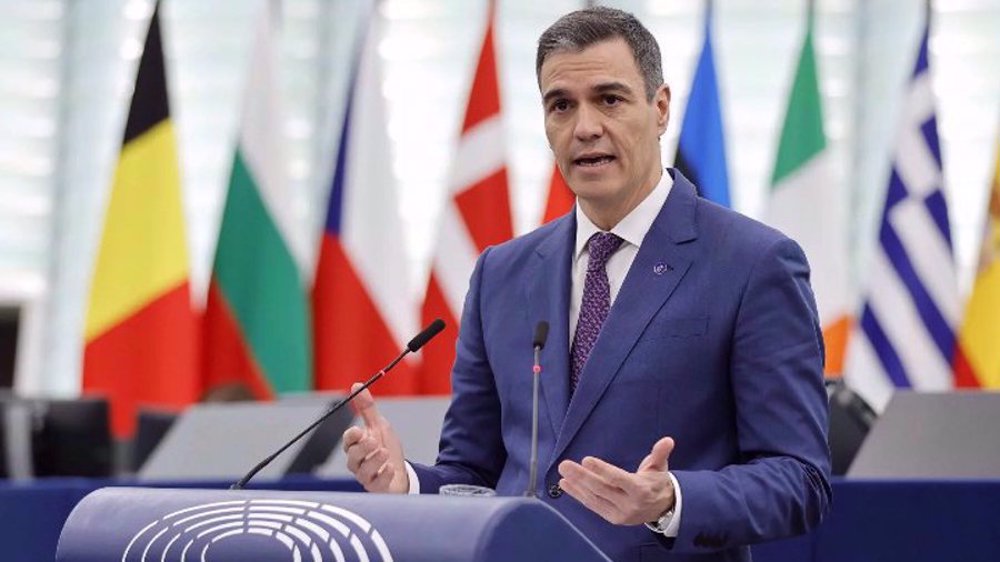NATO eastward build-up alarms potential aggressors: Stoltenberg
NATO Secretary General Jens Stoltenberg says the Western military alliance’s build-up in eastern Europe is directed at any would-be aggressor.
Speaking at a news conference prior to the beginning of a two-day meeting of NATO defense ministers in the Belgian capital city of Brussels on Wednesday, Stoltenberg said he expected the officials to agree to a plan aimed at boosting the alliance’s presence in eastern European countries.
"This will send a clear signal. NATO will respond as one to any aggression against any ally," he said, adding, "Today and tomorrow, we will make decisions to strengthen our defense and deterrence.”
NATO has drawn up a plan dubbed "modern deterrence,” under which some 6,000 troops on rotation could be deployed to countries such as Poland and the Baltic states.
It also involves increased military spending after years of post-Cold War cuts, and puts small forces and equipment on the ground so that reinforcements can hit the ground running in any crisis.
However, some of NATO's 28 member states oppose the scheme, arguing that the large-scale deployment would see a return to a Cold War stand-off with Russia.
NATO leaders are set to formally endorse the proposal at an upcoming summit in Poland in July.

The NATO chief, however, noted that there would be no return "to the days of the Cold War where we had hundreds of thousands of troops on bases.”
Asked whether having small forces on the ground acting as a tripwire would suffice in deterring aggression, Stoltenberg said, "We believe it is the best way to deter in a changed security environment.”
Reacting to the development, Russian Foreign Ministry spokeswoman, Maria Zakharova, described NATO's build-up plan in eastern Europe as a destabilizing move designed to contain Russia.
Relations between Russia and NATO soured after the Crimean Peninsula separated from Ukraine and rejoined the Russian Federation following a referendum in March 2014.
The military alliance ended all practical cooperation with Russia over the ensuing crisis in Ukraine in April 2014.
The United States and its European allies accuse Moscow of destabilizing Ukraine and have imposed a number of sanctions against Russian and pro-Russia figures. Moscow, however, rejects having a hand in the Ukrainian crisis.
Russia has repeatedly slammed NATO’s military buildup near its borders, saying such a move poses a threat to both regional and international peace.
Iran’s Civil Defense examines country’s preparation for potential threats
FBI chief: Chinese hackers targeting critical US infrastructure
New York Times leaked memo on Gaza coverage reveals obfuscation of facts
VIDEO | Press TV's news headlines
Barbados officially announces recognition of Palestine as state
US Senate reauthorizes surveillance bill despite privacy concerns
April 19: ‘Axis of Resistance’ operations against Israeli occupation
Pro-Palestine rallies spread after students arrested at Columbia University















 This makes it easy to access the Press TV website
This makes it easy to access the Press TV website